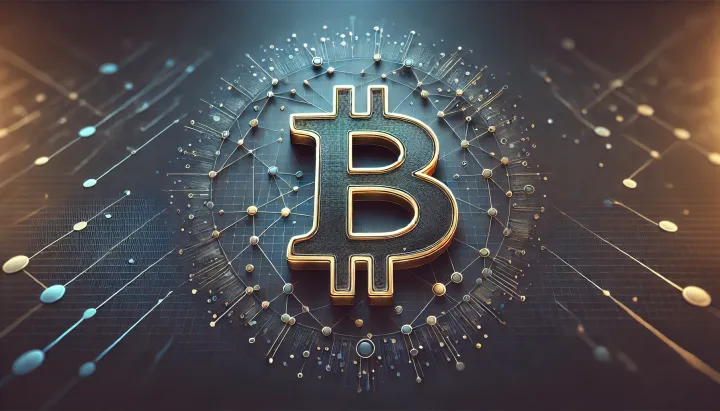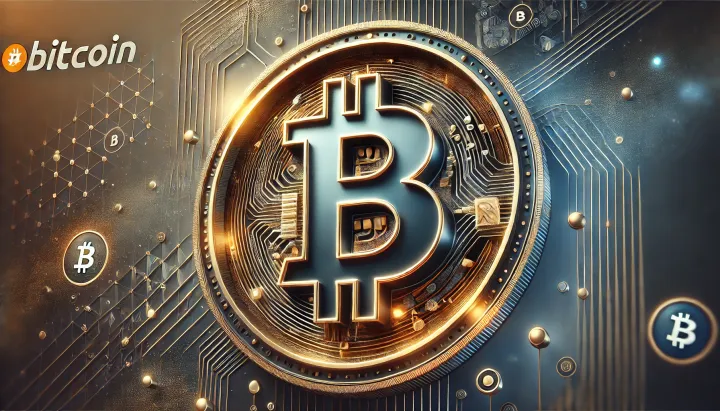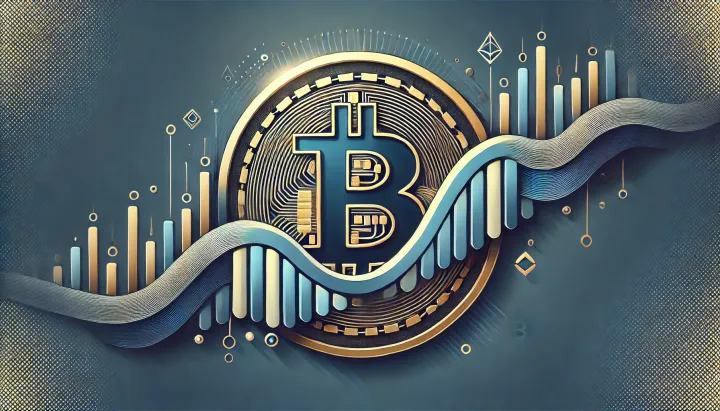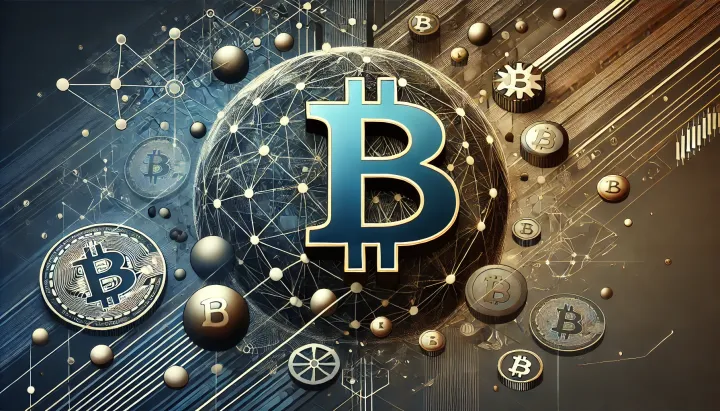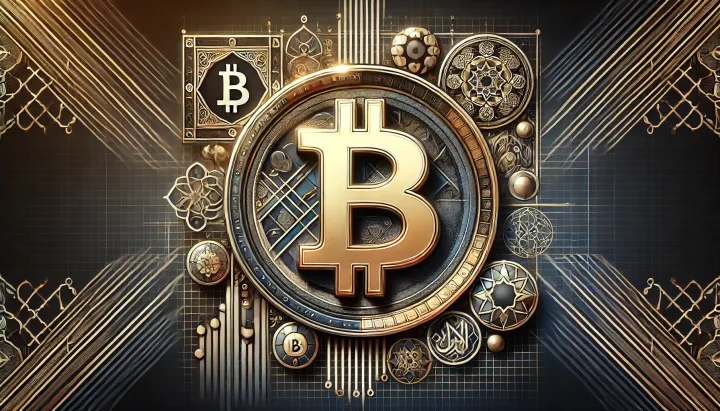
Strategic Bitcoin Adoption: Institutions, Islamic Finance, and Geopolitical Impacts
The December 4, 2024 episode of The Last Trade podcast features Allen Farrington and Harris Irfan focusing on the upcoming Bitcoin Institutional Day in Abu Dhabi, highlighting its significance for institutional investors, Islamic finance practitioners, and high-net-worth individuals.

